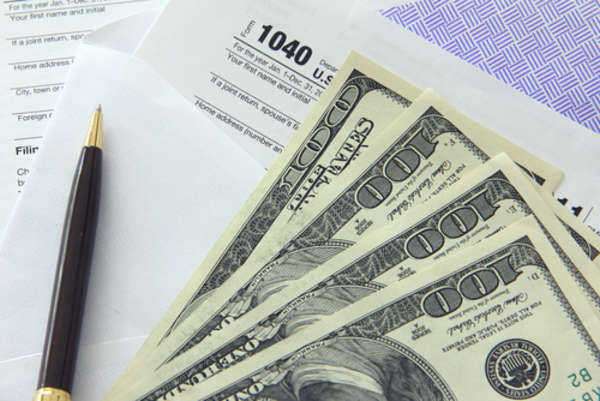Smuggling Explained

Smuggling is the act of transporting items across borders into locations where those items may be considered illegal or prohibited. Another reason for smuggling is for the purpose of evading taxes. Smugglers have been involved in this trade for centuries and while the motives remain the same, the techniques used have changed and become more complex.
Many countries consider the smuggling of goods across borders to be a form of tax fraud in addition to a punishable offense. As a form of tax fraud in some cases, smugglers are subject to the penalties defined in the Customs Act as well as those in federal tax evasion lawOne example of smuggling as an act of evading taxes is the transport of cigarettes within the United States. Different states have taxed cigarettes with different amounts.
Currently, the state of New York has the highest cigarette taxes in the nation. If a smuggler were to obtain a shipment of cigarettes, or a truck used to transport cigarettes, he or she could then sell those cigarettes in other states while evading taxes. Typically, a smuggler will acquire cartons of cigarettes in an area with low taxes and carry them across state lines to a state that has a higher cigarette tax to turn a profit. In this case, the smuggler could be convicted of tax fraud along with other penalties.
Similarly, the act of smuggling alcohol was a major offense during Prohibition during the 1920s and early 1930s. In the famous case involving gangster Al Capone, there was not enough evidence to convict him of smuggling whiskey from Canada into the United States, but he was convicted for committing tax fraud and imprisoned for that crime. Some people still attempt to smuggle alcohol through customs while evading taxes to be paid on the alcohol.
Defrauding the customs department and customs agents is another method of evading taxes. The duties of customs agents are to ensure that invoices of imports are accurate while also detecting any items that are being smuggled into the country. Many smugglers do so should the items they are transporting are illegal or have high taxes associated with them in the country they are entering. Some of the most common methods of smuggling items through customs include:
Concealing items in one's luggage;
Placing smuggled items in crates along with items listed on an invoice;
Altering an invoice to show less items or changing the description of the items on an invoice;
Using modes of transport which are not subject to a search by customs agents, such as a private plane or small boats.
Financial analysts also discuss smuggling as form of tax fraud based on its effect on the economy of a nation. As the act of smuggling attempts to evade paying taxes on items, taxes are not being paid to the government which would then direct those funds to necessary services. For example, the production of cigarettes in Bangladesh is taxed by value added taxes.
The act of smuggling cigarettes into Bangladesh causes the government to raise other taxes in order to close the deficit caused by smugglers bringing inexpensive cigarettes into the territory. As such, smugglers are prosecuted for tax evasion and other offenses by defrauding the customs department.



















